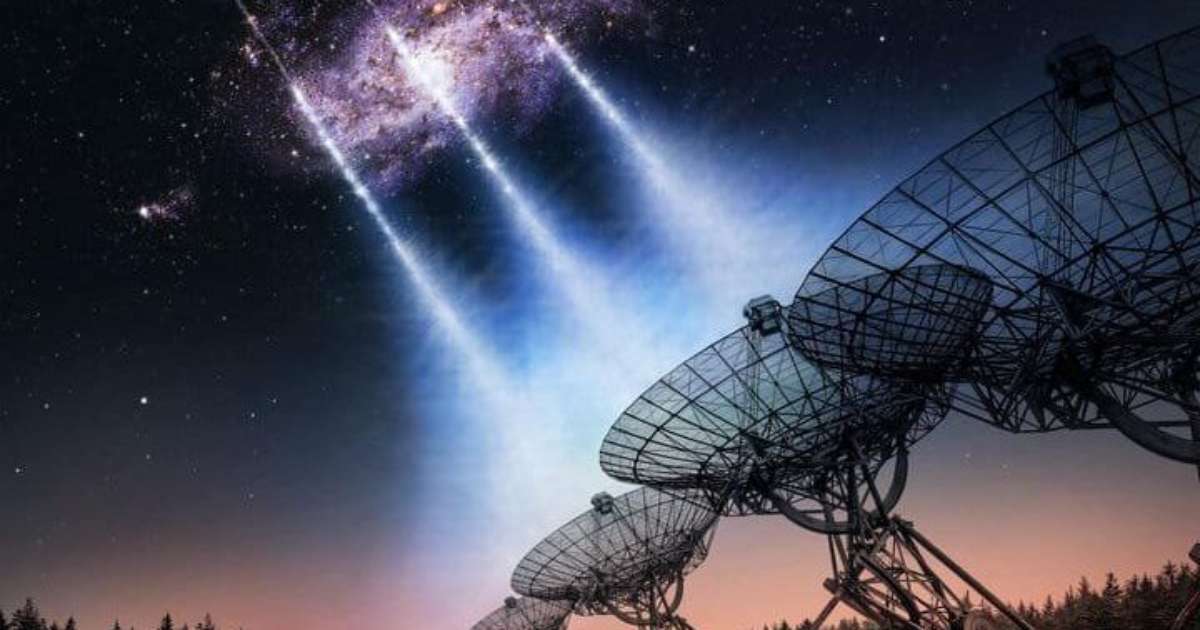Scientists using advanced radio telescopes have been able to detect and track the location of the fast radio bursts that pierced the Triangulum Galaxy.
April 13th
2023
– 22:21
(updated 4/14/2023 at 11:18 am)
five new fast radio bursts (FRBs) Discovered by a radio telescope in Westerbork, Netherlands, it penetrated the Triangulum Galaxy, a neighbor of the Milky Way. The discovery came after an instrument update and was published in the journal Astronomy and astrophysics.
FRBs are mysterious bursts of radio waves whose source is unknown to astronomers, despite many detections since the first observation in 2007. They last a few milliseconds but release incredibly powerful bursts of energy.
In many cases, it is difficult to determine even which galaxy the bursts came from, but astronomers suspect that they emanated from Neutron stars. The problem is that there is no way to know when and where one of them will happen.
Thanks to updates to the Westerbork telescope, scientists have been able to detect five new FRBs in sharper images than those obtained before. In addition, the ARTS supercomputer – also implemented in the upgrade of the Westerbork telescopes – made it possible to sharpen the images.
& Ampere ; nbsp;
If we can’t yet figure out what causes these explosions, scientists can at least use them to learn more about matter in the universe. being. They are just bursts transmitted through the universe through several clouds of cosmic dust, which somehow leave their mark on the radio signal of the FRBs.
With updated instrument data and the exact location of the FRBs, astronomers have discovered that many of them have penetrated the Triangulum Galaxy. Not only that, but the bursts were also able to be used to identify the largest number of unseen atoms in this galaxy, for the first time.
Tracking atoms and their electrons in galaxies is important to learn more about dark matter Cosmos – a type of matter found in all galaxies that does not interact with light, but may leave its imprint on FRBs.
source: Astronomy and astrophysicsvia: astron.nl
Trending on Canaltech:

“Coffee trailblazer. Social media ninja. Unapologetic web guru. Friendly music fan. Alcohol fanatic.”


